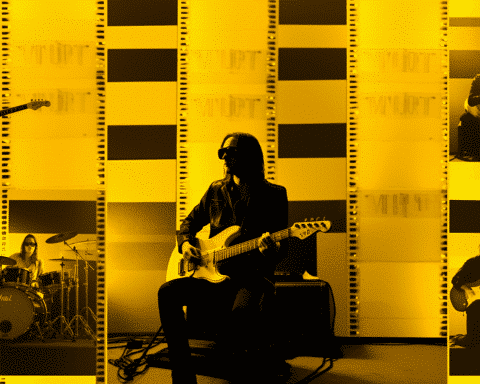A Pulitzer Prize-winning photojournalist, J. Ross Baughman, has revealed that he was a victim of an alleged $1.6m art fraud scheme orchestrated by a gallery owner, Wendy Halsted Beard, who was charged with wire and mail fraud in October 2021.
According to investigators, Beard scammed more than 100 collectors by taking consignments and not returning their artwork, not paying them, or both.
Baughman, who tried to sell a part of his collection to Beard, became suspicious when she stopped responding to his inquiries and did not receive his artwork or payment for it.
Beard is also accused of creating fictitious employees and sending emails pretending to be them to her clients to justify her failure to return their artwork.
Beard’s lawyer has stated that the case is “complicated” and cannot be commented on at this time. Several other victims have also come forward since Beard was charged.
Cases of art dealers defrauding artists and collectors have been reported frequently in recent years, exposing the opaque nature of the art market.
Another victim of Beard’s alleged scheme was an 89-year-old man with Alzheimer’s disease who gave her five photographs to sell, including a signed print by Ansel Adams.
When the man’s relatives asked Beard to end the arrangement and return the works, she gave them a reproduction print instead.
The most valuable artwork involved in the case is an Adams print, The Tetons and the Snake River, Grand Teton National Park (1942), which Beard sold for $440,000 in 2020, but the owner never received any payment for it.
The FBI complaint indicates that there may be more victims, as bank and business records suggest.
The FBI’s Detroit office has asked the public to help identify additional potential victims. Beard allegedly created fictitious assistants and email addresses to communicate with clients, often claiming that she was suffering from medical emergencies to justify her failure to return their artwork.
Baughman’s experience is not unique, as cases of art fraud have been in the news recently. In November 2021, art dealer Inigo Philbrick was sentenced to seven years in prison after defrauding collectors, investors, and lenders out of $86m.
The opaqueness of the art market has led some to suggest that it provides an ideal arena for fraudulent behaviour.
Art collectors and artists should take steps to protect themselves from fraud, such as verifying the authenticity and provenance of artwork and researching the reputation of dealers and galleries.
They should also consider working with reputable dealers and obtaining a written agreement that includes details about the consignment, sale, and payment of their artwork.




